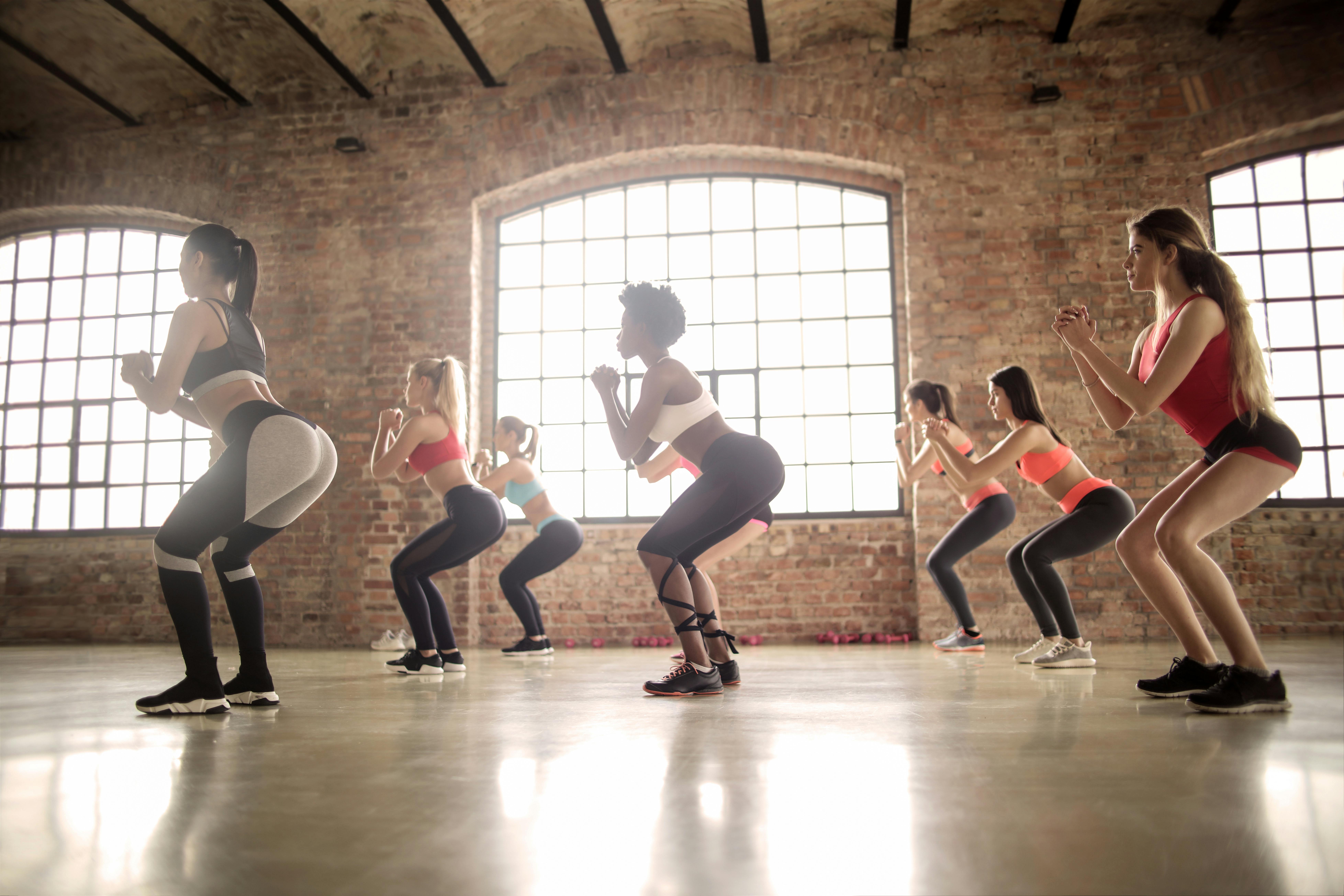Dancing into Fitness: The Rise of the Zumba Phenomenon
Zumba, a Latin-inspired dance fitness program, has taken the world by storm. The exhilarating blend of dance and aerobics has proven to be more than just a passing trend—it's a global phenomenon. In the late 1990s, Colombian dancer and choreographer Alberto "Beto" Perez forgot his usual aerobics music for a class he was teaching. Improvising, he used the Latin music tapes he had in his backpack. The class was a hit, and the concept of Zumba was born.

The Zumba program officially launched in 2001, in Miami, Florida. From then on, it has experienced a meteoric rise, captivating millions of participants in over 180 countries.
Dancing to the Beat: Current Trends in Zumba
Today, Zumba has evolved far beyond its initial concept. It now incorporates various dance styles, including salsa, merengue, flamenco, and belly dance, as well as elements of strength training and high-intensity interval training (HIIT).
In addition to traditional Zumba classes, specialized formats like Zumba Gold for older adults, Zumba Toning for muscle conditioning, and Aqua Zumba for water workouts have emerged.
The Zest of Zumba: Benefits and Impact
Zumba offers a multitude of benefits, both physical and mental. Its high-energy routines provide a full-body workout, improving cardiovascular fitness, muscular strength, and flexibility.
Moreover, the fun and social nature of Zumba classes have a positive impact on mental health. Participants often report reduced stress, increased self-esteem, and a heightened sense of joy.
The Power of Dance: Evidence-Based Claims
Studies have substantiated the health benefits of Zumba. For example, a 2016 research published in the Journal of Sports Science and Medicine found that a single Zumba fitness session could induce a calorific expenditure of up to 9.5 kcal per minute, similar to high-intensity exercises like kickboxing and power yoga.
In terms of mental health, a 2012 study in The Arts in Psychotherapy concluded that dance movements, like those in Zumba, can significantly decrease symptoms of depression and improve overall mood.
The Enduring Zumba Craze
The Zumba phenomenon shows no signs of slowing down. Its fusion of culture, music, and fitness continues to resonate with a diverse global audience, promoting a fun and effective approach to exercise.
This dance fitness revolution underscores a broader shift in the fitness industry: a move towards workouts that not only enhance physical health but also foster community, positivity, and joy. In embracing this holistic view of fitness, Zumba is truly dancing to its own beat.




